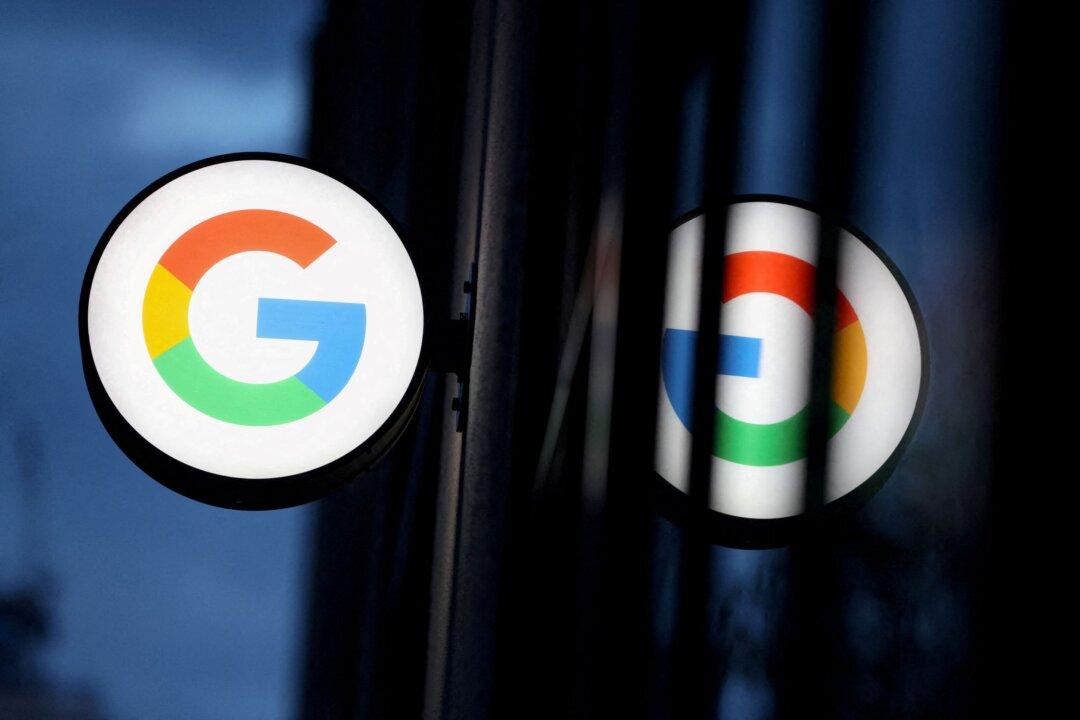Google has agreed to pay more than $391 million to settle a bipartisan, multistate action that accuses the tech giant of deceiving users about how their location data are handled.
The settlement came about 10 months after state attorneys general from 40 states filed suits separately in each jurisdiction, alleging that Google, since at least 2014, has been falsely leading users to believe that changing their privacy settings could stop the company from tracking their location.





